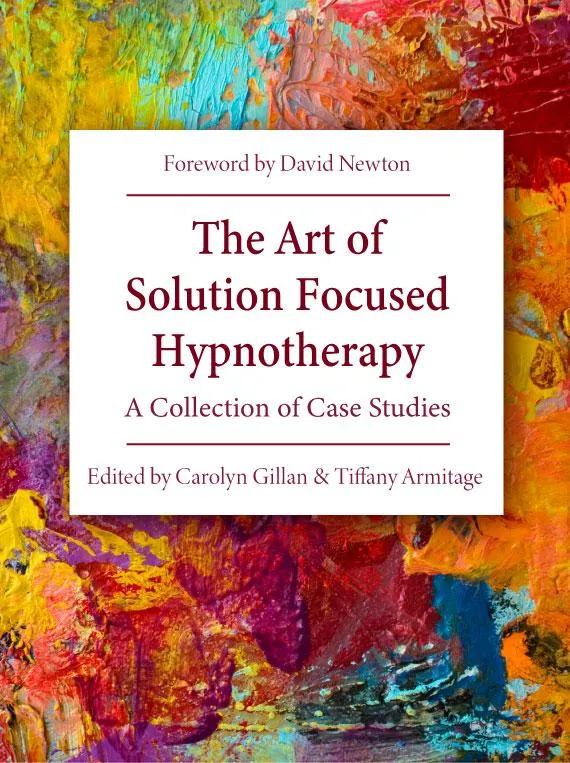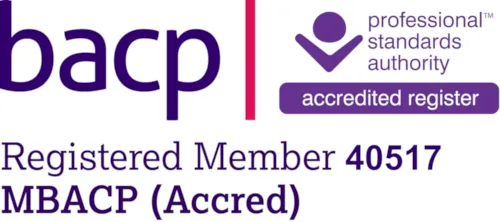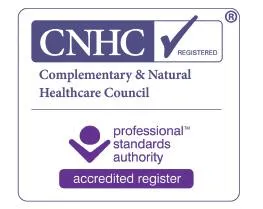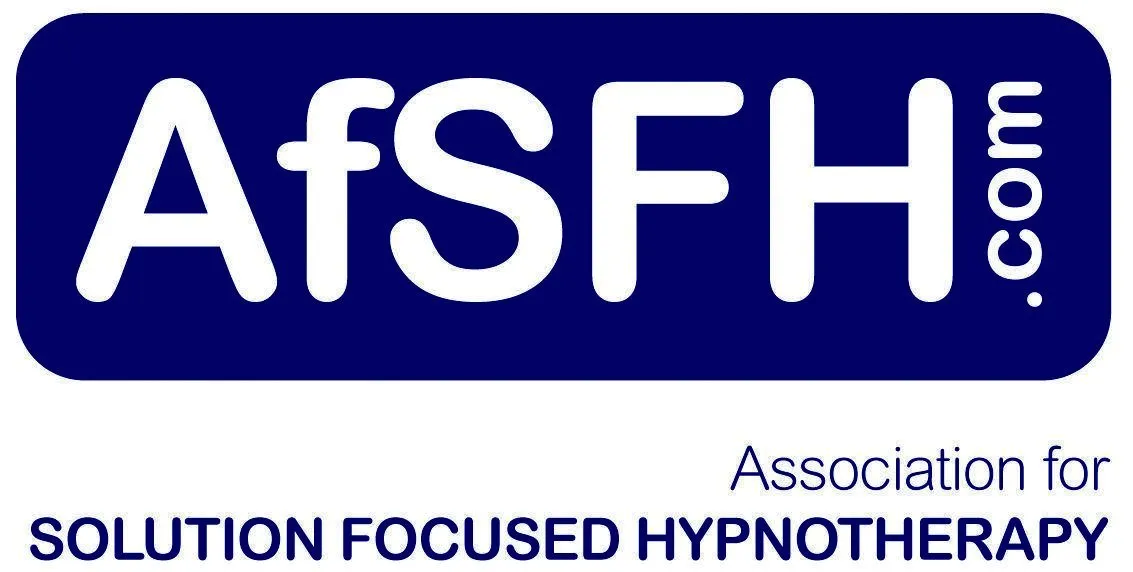Counselling & Hypnotherapy
With Carolyn Gillan, an accredited counsellor and hypnotherapist specialising in OCD & Anxiety
Get notified as soon as a space becomes available
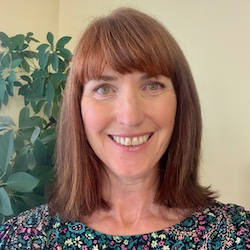
In-person therapy in Plymouth, Devon and online
Find calm, confidence and freedom with...
🌿
The LIBERATE Approach
A flexible and compassionate approach designed to help you regain control, build resilience, and live a freer life
If you’re feeling overwhelmed by OCD and anxiety, you’re not alone — and you don’t have to navigate it by yourself.
Using the LIBERATE Approach, I'll help you develop tools to manage uncertainty, reduce compulsions, and reconnect with what matters most. I'll guide you every step of the way.
Let me introduce myself
Hi! I'm Carolyn
Counsellor · Hypnotherapist · Supervisor · Author
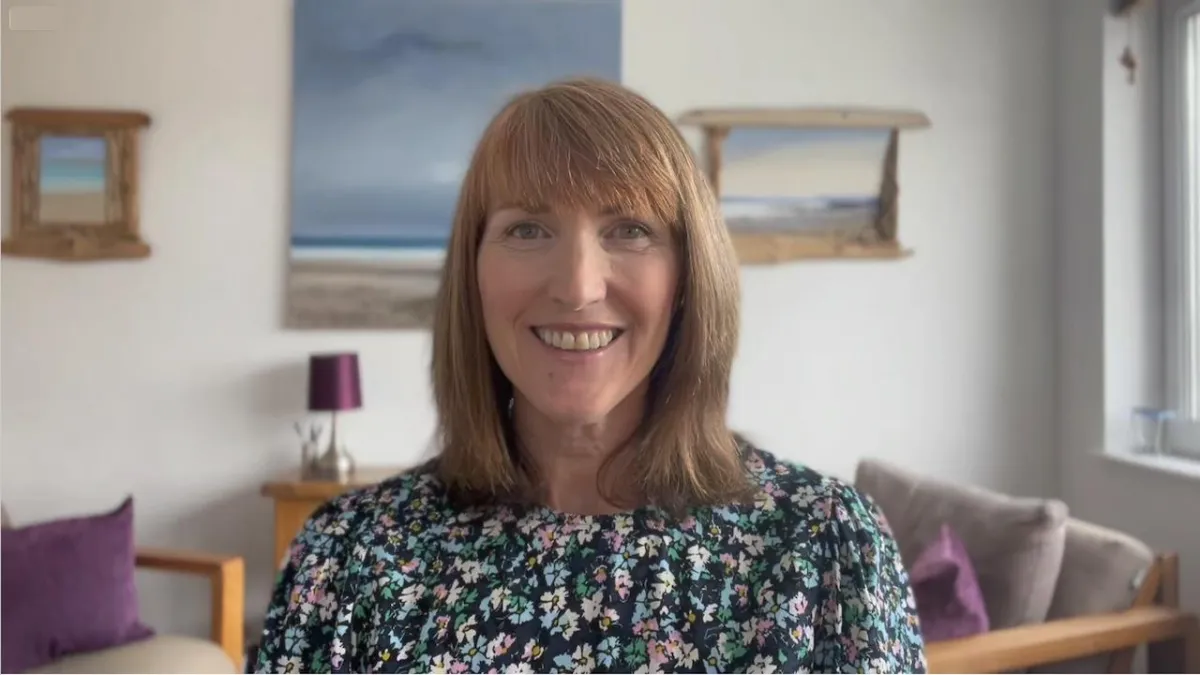
Carolyn Gillan
BSc (Hons), AdvDipIntCouns, HPD, DHP SFBT (Hyp)
Helping people in Plymouth and online with obsessive compulsive disorder (OCD) and anxiety since 2008
Creator of the LIBERATE Approach for OCD and anxiety
BACP accredited counsellor
NCH accredited hypnotherapist
Author of professional publications
Visiting lecturer with the University of Plymouth
Fully qualified and insured
Enhanced DBS (Disclosure and Barring Service Check)
How I work
🌿
The LIBERATE Approach
The LIBERATE Approach is a research-based framework I developed through years of clinical experience. It brings together everything known to help people break free from OCD and anxiety — not by trying to eliminate intrusive thoughts, but by changing how you respond to them.
You can’t stop unwanted intrusive thoughts from showing up — that's not how the brain works — but you can stop them from running your life.
What does LIBERATE stand for?
L – Learn how obsessive thoughts and anxious feelings operate
I – Identify your core fears, patterns, triggers, and compulsions
B – Be Kind: Build self-compassion to reduce shame and self-criticism
E – Exposure Response Prevention (ERP): Use ERP, a widely recommended approach for managing OCD-related symptoms.
R – Resilience: Develop the strength to navigate uncertainty and setbacks
A – Accept and allow thoughts to come and go without engaging with them
T – Trust yourself: Rebuild confidence in your own judgment
E – Engage with what truly matters to you
LIBERATE is more than a framework — it’s a roadmap for reclaiming your life from fear and uncertainty.
Why the LIBERATE Approach is different
The LIBERATE Approach isn’t a one-size-fits-all method. It’s a flexible framework, tailored to your unique experiences and needs.
You’ll be supported by a counsellor who specialises in working with people navigating obsessive thoughts and anxious feelings — someone who understands how to adapt the approach to what you need most.
Unlike some therapies that often rely on short-term coping strategies, LIBERATE is designed to help you build lasting change by:
Empowering you to become your own therapist
Boosting your confidence to handle future flare-ups with greater ease
Offering practical tools that can be integrated into daily life
LIBERATE draws on neuroscience and a range of evidence-informed approaches shown to support people experiencing anxiety and OCD-related challenges, including:
ERP (Exposure Response Prevention)
CBT (Cognitive Behavioural Therapy)
EMDR (Eye Movement Desensitisation and Reprocessing)
ACT (Acceptance and Commitment Therapy)
Hypnosis
SFBT (Solution-Focused Brief Therapy)
While I don’t offer a medical diagnosis, this approach complements professional mental health care. If you're already working with a GP or psychiatrist, I'm happy to collaborate (with your consent) to ensure you're supported in a joined-up way.
Does this sound familiar?
Your mind feels like it’s stuck on repeat—relentless, intrusive thoughts, images, sensations or urges that won’t give you a moment’s peace. You try to push them away, but they keep coming back stronger.
To cope, you find yourself performing compulsions, seeking reassurance, or avoiding certain situations just to get through the day. It’s exhausting, frustrating, and it feels like you’re trapped in a never-ending cycle of doubt, worry and 'What if?" thinking.
No matter how hard you try, the relief is only temporary, and the thoughts always return. You long for a sense of freedom—a way to quiet the noise and regain control of your life.
Now picture a life where...
Intrusive thoughts no longer dictate your choices or actions.
You respond to difficult thoughts with compassion rather than criticism.
You feel confident in your ability to handle uncertainty.
Anxious feelings no longer hold you back from doing the things you love.
You’ve stopped relying on compulsions, reassurance, or avoidance to feel okay.
You’ve built resilience and can bounce back more easily when challenges arise.
You trust yourself and your decisions without second-guessing your every move.
You feel more present and engaged in your relationships and daily life.
You can finally live a life led by what truly matters to you—not by fear.
Learn more about
Is this right for me?
You don’t need a diagnosis of OCD or anxiety to benefit from therapy. If you’re feeling trapped in loops of obsessive thinking or overwhelming worry, therapy can support you in managing these challenges and finding more ease in your daily life.
Ready to take that first step?
Let’s do this together.
Testimonials
What my clients say
"Without Carolyn I would still be living a half life"
"When I first saw Carolyn I was depressed, anxious and bogged down with my OCD. But steadily with Carolyn to help and support, I managed to see a different way of living. I managed to stop my compulsions, and control my Intrusive thoughts. I have a freedom in my mind that I didn’t think I’d ever have. I saw many different counsellors and therapists with little results, but Carolyn clicked with me straight away. She has great empathy, listening awareness, and has the skill of knowing exactly where I was coming from. She also knows her field thoroughly and is highly qualified, along with being the most caring natured. Without Carolyn I would still be living a half life, instead of having the freedom to be creative. I would highly recommend Carolyn to anyone that suffers with any ailment."
- Chris Chant
"The sessions have been invaluable"
"Carolyn has a very calm, reassuring, and compassionate approach. She made it easy to open up and discuss extremely personal issues when I was at a very low point in my life. Over six weeks Carolyn helped me understand the root cause of my issues and enabled me to recognise thought patterns that were having a negative impact on my life. The sessions have been invaluable, and I now have the tools to manage my OCD and anxiety. I would certainly return if the need arose. Highly recommended!"
- Leanne Payne
"This fabulous woman helped me to transform my life"
"This fabulous woman helped me to transform my life. There are no magic solutions, it takes commitment and effort to adopt the tools for life that Carolyn helps you to develop - but it works, and if you're open to it positive changes can be achieved really quickly. Highly recommended."
- Di Charlton
Note: These are individual experiences. Results vary and therapy is not a substitute for medical diagnosis or treatment.
Get your FREE hypnosis audio
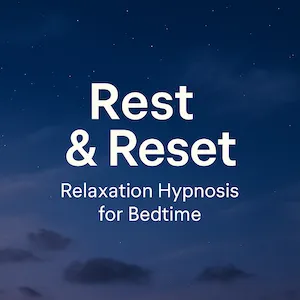
A good night’s sleep is one of the most powerful tools for supporting your overall wellbeing. When you're well-rested, it's easier to manage intrusive thoughts, regulate emotions, and respond to challenges with clarity and resilience.
This free hypnosis audio is designed to help you unwind at bedtime, calm a busy mind, and ease gently into restful sleep. Let it guide you into a deep state of relaxation—giving your body and mind the chance to reset, restore, and recharge.
Sign up now to listen straight away
Explore My Published Work
I've also made contributions to the wider therapeutic field through writing and research.
I co-authored a professional textbook on hypnotherapy, writing two chapters—one on generalised anxiety disorder and another on irritable bowel syndrome (IBS).
My interest in the connection between psychological wellbeing and physical health led me to explore gut-focused hypnotherapy, particularly its potential to alleviate IBS symptoms, which are often closely linked to anxiety.
This research became the focus of my undergraduate dissertation and was subsequently published in
Alimentary Pharmacology & Therapeutics, a leading peer-reviewed medical journal..
Latest Posts

The Neuroscience of OCD: How the Brain Gets Stuck in a Loop
Discover how OCD affects the brain’s alarm system and why it gets stuck in a loop — plus how therapy can retrain those circuits for calm and freedom. ...more
OCD ,Anxiety &Trauma
October 07, 2025•2 min read

Counselling and hypnotherapy for anxiety and panic attacks
Anxiety and panic attacks can feel overwhelming—but you're not alone. Learn how counselling and hypnotherapy can help you understand your symptoms, reduce fear, and regain control. ...more
OCD ,Anxiety &Trauma
October 07, 2025•2 min read

Twelve ways to reduce stress and anxiety
Feeling overwhelmed or anxious? This post offers 12 simple yet powerful tips to help you manage stress and anxiety. From breathing techniques to mindset shifts, start making positive changes today. ...more
OCD ,Anxiety &Stress
May 22, 2025•4 min read
Sign up to my newsletter
You’ll receive my LIBERATE Yourself newsletter—filled with fresh insights into OCD and anxiety, uplifting encouragement, and practical tools from a therapist who truly understands.
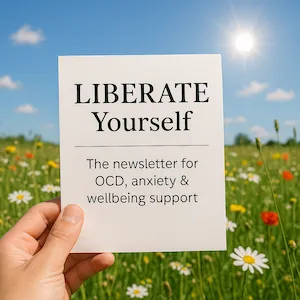
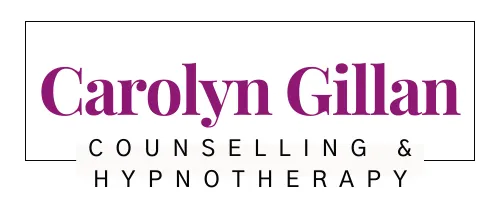
Copyright 2026. Carolyn Gillan Counselling and Hypnotherapy. All Rights Reserved.
